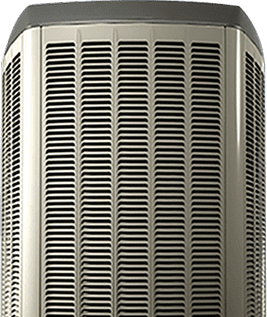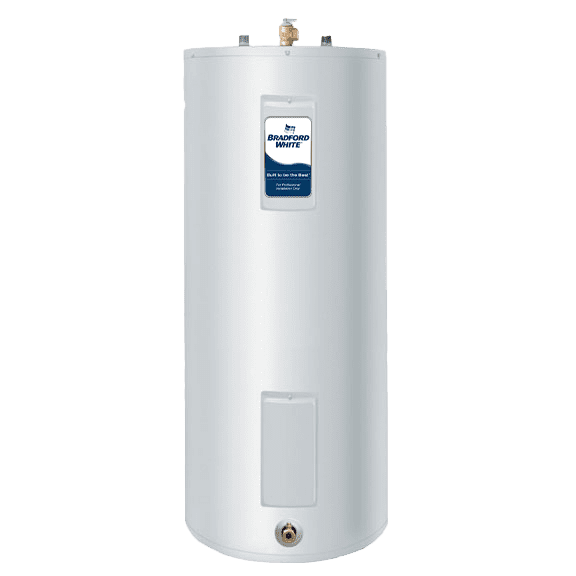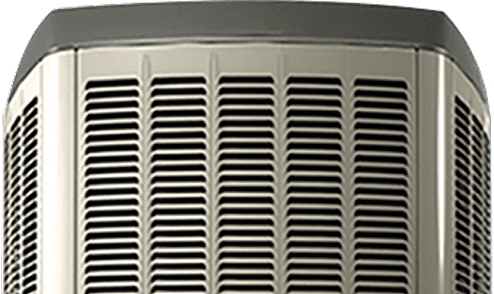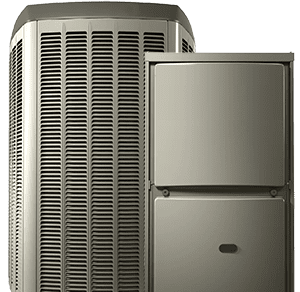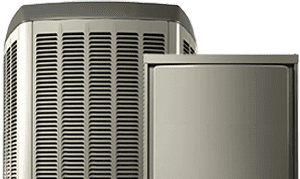Heating and Cooling Services St. Catharines Homeowners Rely On
For 47 years, Mr. Furnace Heating and Air Conditioning has delivered fast, reliable heating and cooling services that families across St. Catharines and the Niagara Region trust. Our certified technicians keep your home comfortable through every season—whether it’s -20°C in January or a humid July afternoon.
From furnace installations and AC repairs to heat pumps, water softeners, plumbing, and drainage. We’re your complete home comfort partner. We provide professional, licensed HVAC service with honest pricing and no surprises.

For more details, read our reviews:
Read our reviewsFind a home HVAC technician near you:
Proudly serving St. Catharines and surrounding areas, Mr. Furnace technicians deliver expert HVAC and home comfort services wherever you live in Niagara:

We know that time is critical when things go wrong.
When Things Go Wrong. Our team is on standby to handle heating, cooling, or plumbing emergencies any time—day or night, weekend or holiday. We will be there in a hurry!
We handle everything from urgent furnace breakdowns to air conditioner repairs and drain emergencies. Our goal? Restore comfort and control fast with expert service and long-term solutions.
Find the Right HVAC Solution
Not sure which HVAC system fits your home? We’ll evaluate your space and recommend the right options based on your needs, layout, and budget. Whether it’s time for an installation or simply seasonal upkeep, we’ll be there to get it done right.
Fast Service & Savings
Need help picking the right unit? Our specialists will walk you through your options and recommend the best match for your home and budget. From new installs to routine tune-ups, we’re quick to respond, and ready to help you save.
Experienced, Skilled & Ready to Help
Since 1978, Mr. Furnace has been providing expert service for all types of HVAC systems, no matter the brand or age. Our technicians keep up with the latest technologies, ensuring you get the best possible service. Whether you need an urgent repair or routine maintenance, we’re proud to offer fast, reliable plumbing, electrical, and HVAC services across St. Catharines.
We work on every make and model and stay current on new technologies. With 47 years of trusted service, we’ve built a reputation for fast, reliable HVAC, plumbing, and electrical care across Niagara.
Ready for expert service in St. Catharines? Call (905) 346-3507 or book online today.

Our HVAC Services
Your HVAC system is more than just comfort, it’s the foundation of your home’s health, safety, and efficiency. Mr. Furnace offers full-service heating and cooling solutions tailored to Niagara homes, installed and maintained by local experts.
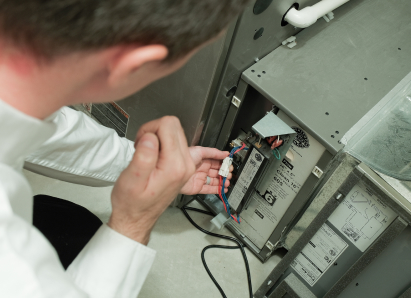
Heating Services
Boilers
Installation, repair, and routine maintenance of hot water and steam boiler systems.
Centralized Heating Systems
Full-home solutions designed to deliver consistent warmth through your entire house.
Furnace Installation
Expert sizing and installation of high-efficiency furnaces for optimal performance and long-term reliability.
Furnace Repair
Repairs for all furnace makes and models with 24/7 emergency availability.
Heat Pumps
Year-round heating and cooling with professional heat pump installation and service.
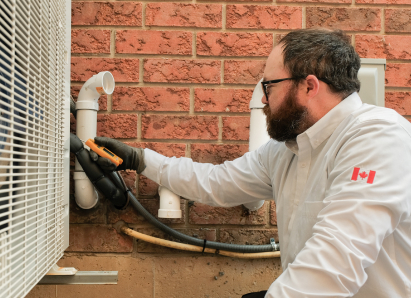
Air Conditioning Services
AC Installation
Professional air conditioning installation for maximum comfort during St. Catharines’ summer heat.
AC Inspection
In-depth system inspections to prevent costly breakdowns and maintain energy efficiency.
AC Repair
Fast, reliable repairs for all major air conditioner brands, available day or night.
Heat Pumps
Efficient cooling and heating in one with our dual-purpose heat pump services.
UV Air Purifiers
Air purification systems that work with your HVAC to eliminate allergens and bacteria.
Humidifiers
Whole-home humidifier installation and service for balanced indoor moisture.
Duct Cleaning
Professional cleaning to boost indoor air quality and HVAC efficiency.

Water Heaters
Water Heater Repairs
Prompt repairs for traditional tank and tankless systems of any brand.
Water Heater Installation
Full-service installation of energy-efficient units, including removal of old systems.
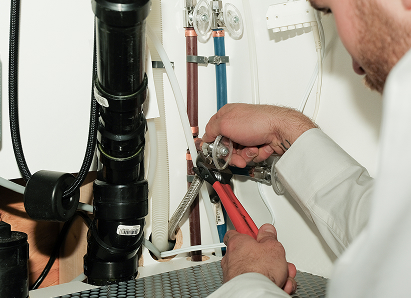
Plumbing Services
Faucets
Installation and repair of all faucet types for reliable function and water savings.
Emergency Plumbing Services
24/7 plumbing response for leaks, bursts, or sudden clogs.
Kitec Plumbing
Safe removal and replacement of Kitec plumbing systems.
Plumbing Repairs
Repairs for leaks, low pressure, and other common plumbing issues.
Sinks
Expert installation and servicing of kitchen, bath, and laundry sinks.
Sump Pumps
Installation and maintenance to protect your home from flooding.
Toilets
Quick, clean toilet replacements and reliable repairs.
Water Quality
Custom filtration and treatment systems for better taste, softness, and safety.
Hydro-Jetting
High-pressure cleaning to eliminate deep drain clogs and buildup.
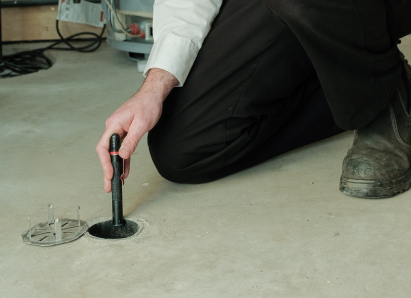
Drain and Sewer Systems
Water Cleanup & Restoration
Rapid cleanup after water damage, including drying and repairs.
Waterproofing & Foundation Repair
Seal and reinforce your home’s foundation to stop moisture intrusion.
Exterior Basement Waterproofing
Preventative waterproofing systems installed outside your foundation walls.
St. Catharines’ Residential HVAC Service Professionals Since 1978
47 Years of Proven Experience You Can Count On
Since 1978, Mr. Furnace has been a trusted name in St. Catharines and throughout the Niagara Region. Our decades of dependable HVAC service reflect a strong commitment to craftsmanship, reliability, and customer care. With thousands of successful installations and repairs under our belt, you can count on our team to get the job done right.
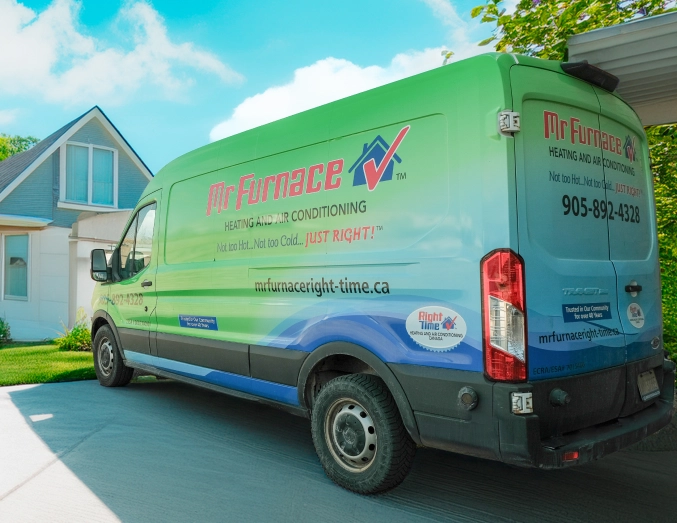
24/7 Emergency HVAC Service
HVAC problems don’t follow business hours—and neither do we. That’s why we offer true 24/7 emergency service, with fast dispatch across St. Catharines and surrounding communities. Whether it’s a frozen furnace or a broken AC during a heatwave, we’re here when you need us most.
Certified, Background-Checked Professionals
You deserve peace of mind when someone enters your home. That’s why every Mr. Furnace technician is fully licensed, trained, and background-checked. You can count on professional, respectful service every step of the way.
Upfront, No-Surprise Pricing
We don’t believe in hidden fees or unexpected charges. You’ll receive a detailed estimate before any work begins. What we quote is what you pay, clear, honest pricing every time.
Satisfaction Guaranteed
Our work isn’t finished until you’re fully satisfied. Every installation, repair, or maintenance visit is backed by our 90 day satisfaction guarantee. If something’s not right, we will address it at no charge to you.
Complete Home Comfort Solutions
Beyond HVAC, Mr. Furnace provides complete home comfort services including plumbing, electrical, air quality, water heaters, and more. Our team works together to ensure all your systems are integrated, efficient, and reliable.
Hear from St. Catharines Homeowners Who Choose Our HVAC Services
Bryan did a great job replacing a part on our furnace. He also completed the regular fall tune-up for the furnace aswell. Friendly and very polite.
Cal Harker
